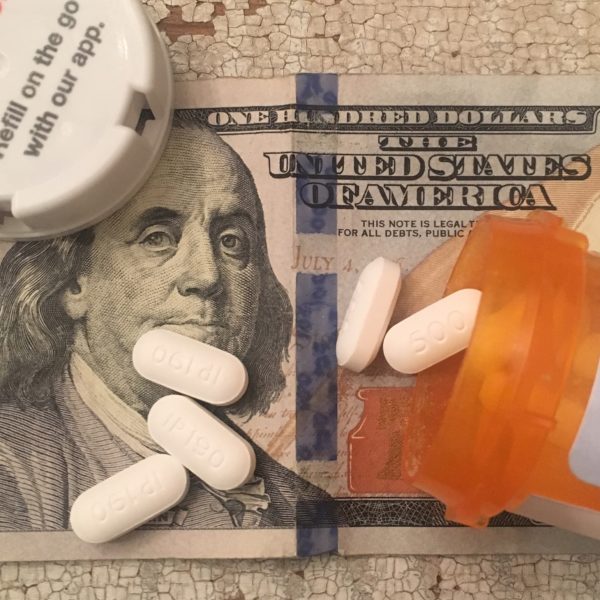According to a Department of Justice press release issued December 15, 2016, Forest Laboratories and its’ subsidiary Forest Pharmaceuticals Inc. have agreed to pay $38 million to resolve allegations that they violated the False Claims Act by paying kickbacks to induce physicians to prescribe the drugs Bystolic®, Savella®, and Namenda®. The case originally was originally filed under the qui tam or whistleblower provisions of the False Claims Act by Kurt Kroenig, a former sales representative at Forest. Mr. Kroenig will receive $7.8 million as his share of the settlement.
The settlement resolves allegations that Forest violated the Anti-Kickback Statute, which prohibits the payment of any type of benefits to induce referrals of items or services covered by federal health care programs. Specifically, the settlement resolves allegations that Forest provided payments and meals to certain physicians in connection with speaker programs about Bystolic®, a blood pressure medicine, Savella®, which is used for fibromyalgia, or Namenda®, which is used to treat dementia. Mr. Kroenig alleged that speakers were chosen for their prescribing records or their number of Medicare and Medicaid patients. He also alleged that the speakers sometimes did not make presentations and that if they did, they were for no more than 10 minutes and speakers who did not increase or maintain their prescribing of Forest drugs were dropped as speakers.
The United States contends that the payments and meals were intended as improper inducements because Forest provided these benefits even when the programs were cancelled, when no licensed health care professionals attended the programs, when the same attendees had attended multiple programs over a short period of time.
“Kickback schemes undermine the integrity of medical decisions and increase the costs of health care for everyone,” said Principal Deputy Assistant Attorney General Benjamin C. Mizer, head of the Justice Department’s Civil Division. “Such schemes are particularly of concern when they are designed to influence drug prescriptions, and the Department of Justice will vigorously pursue companies that subvert the law at the public’s expense.”
Under the qui tam provisions of the False Claims Act, whistleblowers like Mr. Kroenig may file a lawsuit on behalf of the United States and share in any recovery that is made. Under the statute, the government may recover up to three times the amount the defendants fraudulently billed the government and monetary penalties for each false claim made. The whistleblower, who originally filed the case, is entitled to 15-30 percent of the government’s recovery and their attorney’s fees.
To learn more about pharmaceutical kickback fraud, click here.






Talk with an Expert
Frohsin Barger & Walthall
Call 205.933.4006 or
Send us a Message